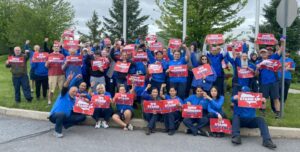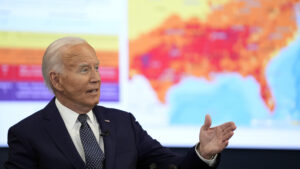The Importance of "Non-deployment" Funds
The Facts -
-
- Arkansas BEAD Conference focused on broadband infrastructure, adoption, and use.
-
- $1.02B BEAD allocation aims to provide high-speed internet to 190k underserved addresses.
-
- Non-deployment funds could enhance education, health care, and economic development.
HOT SPRINGS, Arkansas, July 1, 2024 – The Arkansas BEAD Development Conference gathered hundreds to discuss ensuring better broadband for all Arkansans, integrating issues of infrastructure and adoption.
As a former director of the Illinois state broadband office, the conference’s sessions were highly relevant. The Arkansas office effectively showcased its need for better broadband and its preparedness to leverage high-speed internet for improved lives.
Tuesday morning’s sessions on infrastructure addressed what state and federal governments are doing to implement the Broadband Equity, Access and Deployment (BEAD) grant program of the U.S. Commerce Department.
Tuesday Morning Panels:
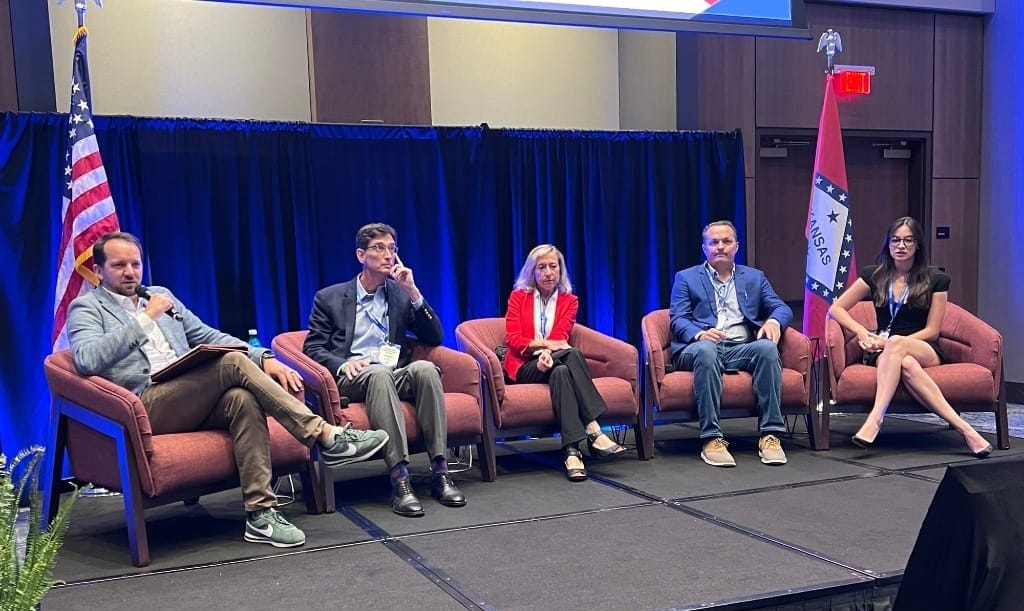
The afternoon’s sessions shifted focus to ensuring that higher-speed broadband improves education, employment, health care, and overall quality of life.
At the BEAD conference, Arkansas Broadband Director Glen Howie detailed how quality of life goals will be achieved through “non-deployment” activities.
The state received $1.02 billion from the National Telecommunications and Information Administration’s BEAD program. It has submitted its Vol. 1 Initial Proposal, conducted its broadband mapping challenge, and awaits NTIA approval of its Vol. 2 Initial Proposal.
Approval by NTIA will start the allocation of the $1 billion for “deployment” funds to build broadband infrastructure to 190,000 “unserved” or “underserved” addresses.
Non-deployment Funds
Arkansas is unsure how much of the $1 billion will be needed for infrastructure. If all funds are used, there won't be any left for non-deployment activities.
Flush With BEAD Cash, at Least 13 States Make Plans For ‘Non-deployment’ Funds
Several state offices plan to combine non-deployment funds with infrastructure deployment for BEAD.
However, Howie expressed confidence that Arkansas will have non-deployment funds available after infrastructure deployment, estimating between $50 million and $200 million.
The afternoon sessions explored how non-deployment funds might be used, focusing on digital equity, educational partnerships, workforce development, and health care.
During an introductory session, Angela Thi Bennett, NTIA’s director of digital equity, suggested using broadband to create an ecosystem of education about agriculture, promoting farming and local small businesses.
Partnerships for Economic Development
The panel, “Developing Partnerships: Arkansas’ Broadband Ecosystem is Ready,” featured community and economic development activists leveraging better broadband for economic growth.
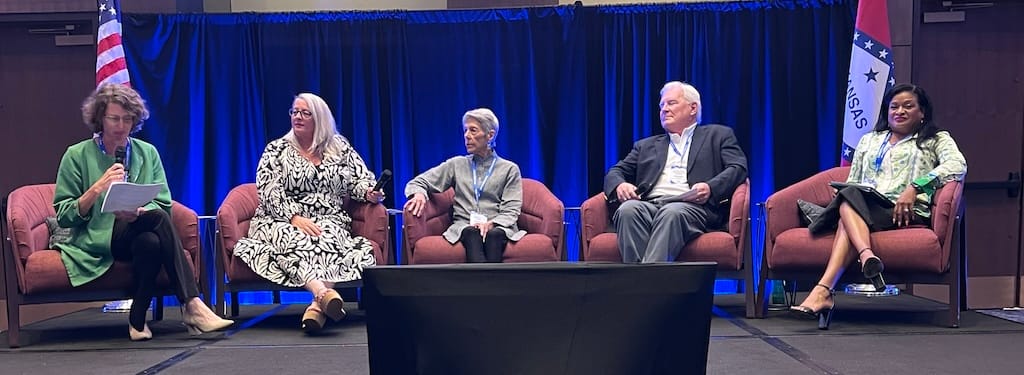
Catherine Krantz of Broadband Communities Unlimited highlighted Heartland Forward’s initiatives to educate Arkansas groups about non-deployment projects.
Hal Vandiver of the Independence County Broadband Committee praised Howie’s efforts in building a network of education and training partners statewide.
Workforce Development Issues
The panel, “The New Digital Economy: Investing in Workforce and Economic Development,” discussed improving the national broadband workforce.
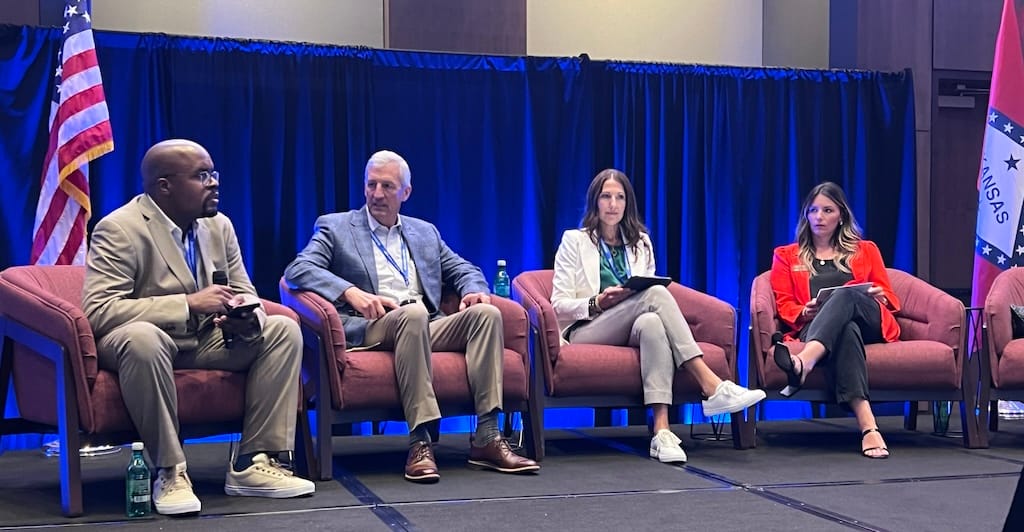
David Stehlin of the Telecommunications Industry Association pointed to the Broadband Nation jobs resource, which launched in May. However, Tina Moore of the Arkansas Department of Education criticized the O*NET-SOC jobs taxonomy for not including broadband-specific codes.
Addressing Arkansas' Maternal Health Crises
Arkansas has the highest maternal mortality rate in the U.S. During the session on “Healthcare Delivery: Funding Innovation in Arkansas,” experts discussed telemedicine’s role in addressing this crisis.
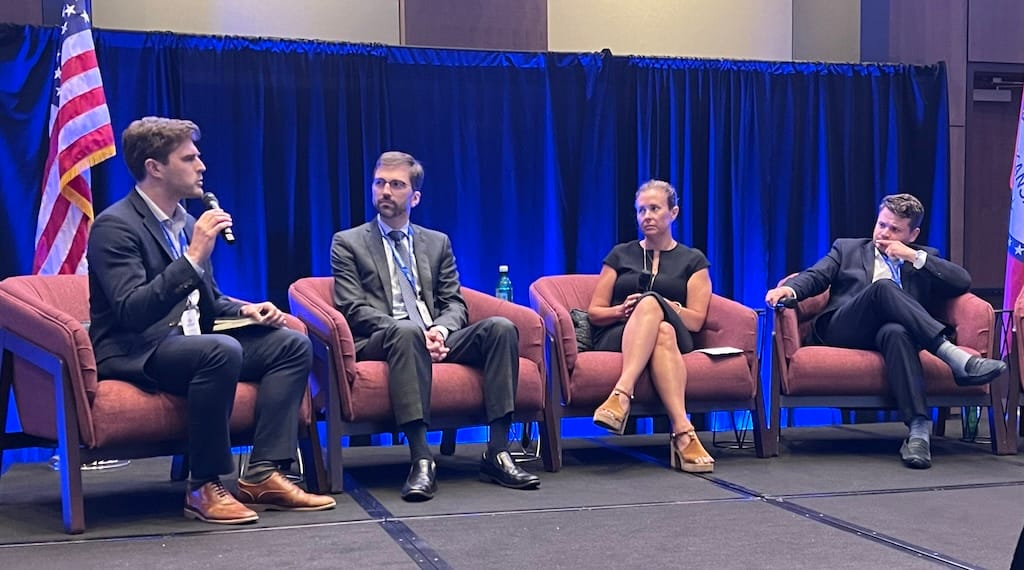
Cara Osborne of Heartland Forward said Arkansas faces challenges but also opportunities for telemedicine.
Jake Varn of the Pew Charitable Trusts discussed lifting restrictions on telemedicine during the pandemic, prompting Osborne to note that healthcare ideas often stem from personal experiences.
Learn more about the Arkansas BEAD Digital Opportunity Conference.
---
Read More USA Works News

